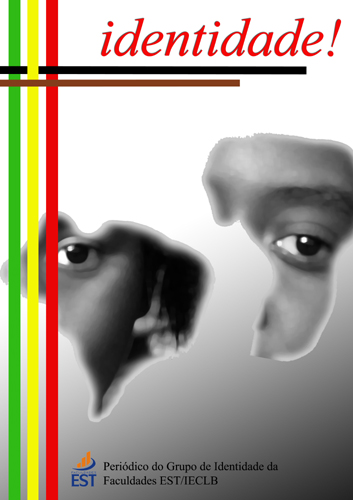Black representation in Umbanda drums
Keywords:
Education, Umbanda, ResistanceAbstract
This text is part of a research which is being developed in a Programa de Pós-Graduação em Educação of the Universidade Federal de Pelotas and aims to discuss the Umbanda as an educational space through its Caciques narratives. The Umbanda is a genuinely Brazilian religion, announced in 1908, that can be characterized by the union of four segments of the Brazilian culture. It is composed of Christian precepts, of the Kardecista spiritual doctrine and the direct influence of indigenous and African whose formed the formation of the country. The Umbanda brought the black ancestry, represented by the archetype of the pretos-velhos, which are Brazilian black or African slaves spirits. Its represent the wisdom and the respect to the older, and is attributed to these entities the function to minimize the racism that exists a long time, because to respect the entities is necessary the rescue of respect for ethnic diversity which we are constituted as Brazilian nation. Beyond being an fundamental component in the Umbanda doctrinal formation, the black ethnicity is inserted directly through the people who practice these rituals, which are, mostly, on the city peripheries. The Umbanda is also understood as a black identity component in the Afro- Brazilian culture resistance and perpetuation, brought by their ancestors when they arrived. Thus, from bibliographic references and empirical observations, this text discusses the black contribution inside a terreiro of Umbanda in Pelotas/RS, emphasizing the educational power in the speech of its Cacique.
Downloads
Published
How to Cite
Issue
Section
License

This work is licensed under a Creative Commons Attribution-NonCommercial-NoDerivatives 4.0 International License.


